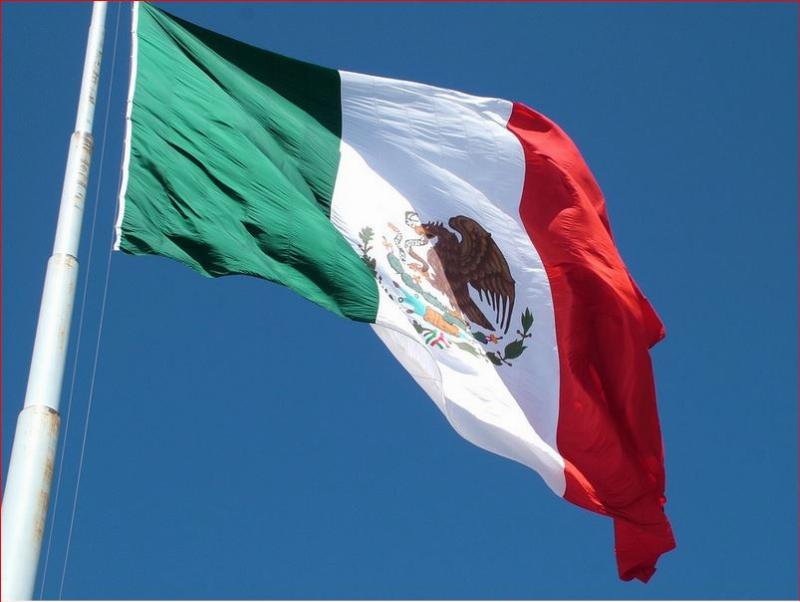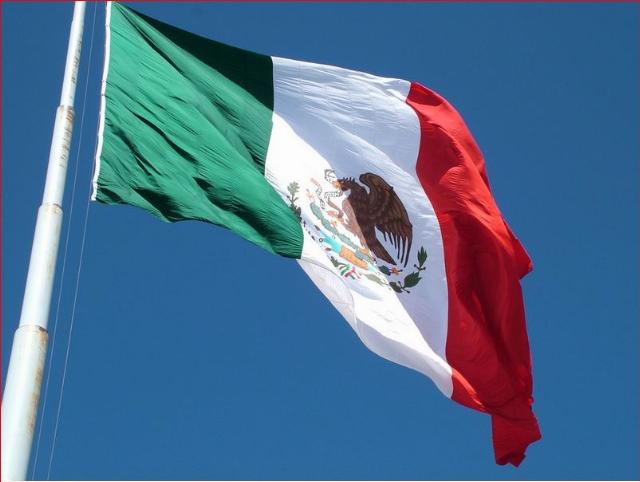


For over eight years, the United States have been fighting a war — sometimes quietly, sometimes overtly — against Mainland China’s growing dominance in the manufacturing world.
Most of this was driven by President Trump’s relentless warnings, by his constant reminders about the dangers of allowing Western manufacturing capabilities to be taken over by our primary global enemy, and by the anti-China tariffs that President Trump started implementing during his first term, which remained in place, essentially unchanged, during the Biden-Harris years, and were then expanded upon as President Trump commenced his second term.
But the tariffs weren’t the only driver. American manufacturers, too, have been diversifying their supply bases, finally recognizing the danger of outsourcing everything to a country that makes it governmental policy to steal technology, violate trademarks, and gradually take control over key industries and infrastructure in foreign countries.
And now there are other countries belatedly coming to the same conclusion at last.
Consider the news from Mexico, where President Sheinbaum closed out the month of August with her own announcement of a whopping 50% additional tariff (yes, on top of their already higher import tariff base) on many goods made in China.
This announcement, a key component of Mexico’s 2026 budget and its new initiative entitled Plan Mexico, is expected at least to cover the textiles, plastics, and automotive sectors, with more sectors, and more detail, to follow in the weeks to come.
The announcement shocked some in the press, who assumed that it was some kind of capitulation to President Trump. It’s not.
Some background is in order.
And so we will concentrate here on the part of this story that’s relevant to President Sheinbaum’s announcement: the manufacturing might of Mexico and Mexico’s hope for reviving it.
Over sixty years ago, Mexico had an idea: to become a low-cost contract manufacturer for American and European companies, by turbocharging the concept of the Foreign Trade Zone.
An FTZ is a special type of customs-bonded warehouse that allows a company to import parts with postponed duty assessment, perform manufacturing operations to transform or assemble them, then assess the duties on the duty rates of the finished product instead of the (usually much higher) duty rates of all the individual components. Most Western nations allow this FTZ approach.
Mexico — normally a high-duty and high-VAT country — took this idea as a starting point, then added bells and whistles to it to create the maquiladora, a foreign-owned but Mexico-located, completely tax-exempt company that could import goods duty- and tax-free; perform unlimited manufacturing operations; and then export the finished goods, still duty-and-tax-free. The Mexicans then added more special benefits: a corporate tax exemption for the operation itself and a change in the valuation rules so that the parts would not be considered to have grown in value, meaning that when the foreign owner imported it — into the USA, or Europe or Britain or wherever — that country’s own duties and taxes would be based on a lower taxable value than if it had been made in any other country.
The maquiladora thus became the go-to concept — and Mexico the go-to country — for anyone who wanted to outsource custom-made products to a low-cost country. There would be steep penalties if the finished goods were resold within Mexico instead, but that would be easily avoided.
Then, in the 1980s, Mexico started looking in earnest for Free Trade Agreement partners, and they signed many FTAs, including the well known NAFTA program with the USA and Canada. These programs are designed to analyze a product and see if it’s made primarily with local materials and local labor (meaning materials and labor primarily from the countries that belong to the agreement), and if so, they would obtain duty-free privileges throughout the agreement’s member countries. For NAFTA (now known as USMCA), that means that if the item is made in Mexico, Canada or the USA with mostly Mexican, Canadian or American parts and labor, then it will enjoy reciprocal duty-free treatment.
Another great idea, but it also had its limits: FTA rules of origin are complicated, and they require manufacturers to have training and complex processes in place. If a product has too much foreign labor or too many foreign materials, it doesn’t qualify, and it will be dutiable anyway.
Fast-forward to the present. Over the past 20 years or so, we have seen Mexican manufacturers, including maquiladoras, outsourcing more and more of their materials to other lower-cost countries. And yes, you guessed it: The biggest beneficiary of this change has been China.
Just as it has taken years for Americans to appreciate the problem, so too has Mexico finally become conscious of the loss of its own hard won manufacturing base. In addition to losing the opportunities to make finished goods like steam irons and computers and sump pumps to China, even the contracts they do still have are less and less profitable for the country, as they recognize that they are making them out of more and more imported parts.
So on the one hand, the local Mexican manufacturing of components is being lost to China, and on the other hand, the product they do still manufacture is no longer as competitive for export sales, because the prevalence of Chinese components causes goods to lose their duty-free status under the USMCA, the EU-Mexico Association Agreement, the Mexico-Central American FTA, and the rest. They participate in FTAs with over 50 countries, a hard won benefit that becomes worthless when too many foreign components make a product fall out of qualification.
So when we see Claudia Sheinbaum implement a 50% tariff on Chinese goods, it’s not just virtue-signaling to MAGA hat–wearers north of the border. It’s not just a feint to give President Trump the false idea that they are joining our side.
It is in fact a genuine move — much too late, but still welcome — to seize back control of Mexico’s manufacturing standing in the world from a hostile enemy across the Pacific whom they disregarded for far too long.
Mexico’s other problems remain — the drugs and the drug gangs, the political corruption, the socialist history in government at odds with the capitalist energy of their business community. And with Claudia Sheinbaum’s history as a high priestess of the climate cult, she is a surprising and likely flawed messenger for this important message.
But the tariff is still a sign that Mexico is finally acknowledging the issue, and at least trying to join the fight at last.
On behalf of the Mexican people, who desire to regain control of their destiny, and on behalf of all the economies of the world that struggle against China’s ongoing economic aggression, we cheer this welcome advance.
John F. Di Leo is a Chicagoland-based international transportation manager, trade compliance trainer, and speaker. Read his book on the surprisingly numerous varieties of vote fraud (The Tales of Little Pavel), his political satires on the Biden-Harris years (Evening Soup with Basement Joe, Volumes I, II, and III), and his most recent collection of public policy essays, Current Events and the Issues of Our Age, all available in eBook or paperback, exclusively on Amazon.

Image via Pixabay.
